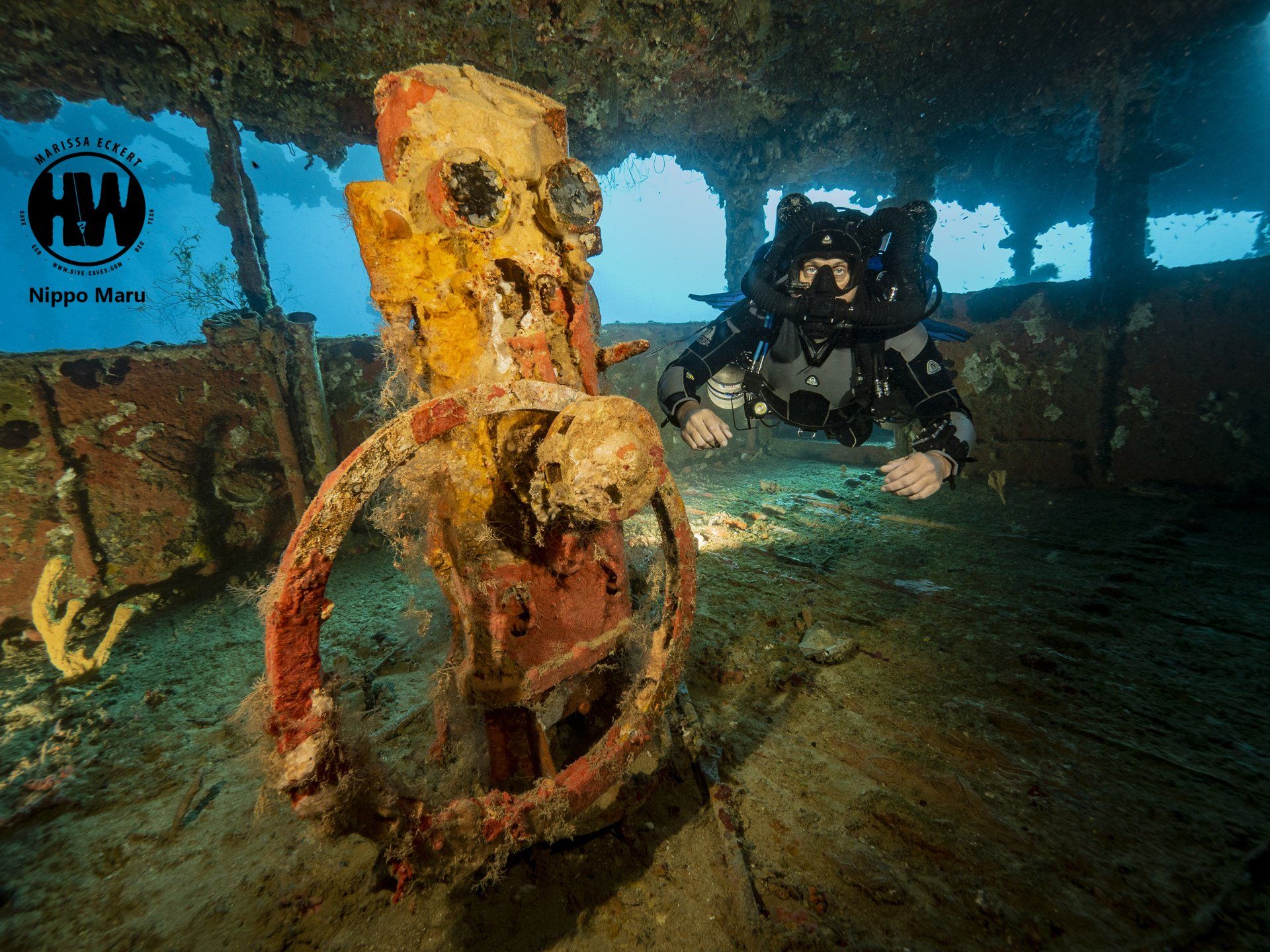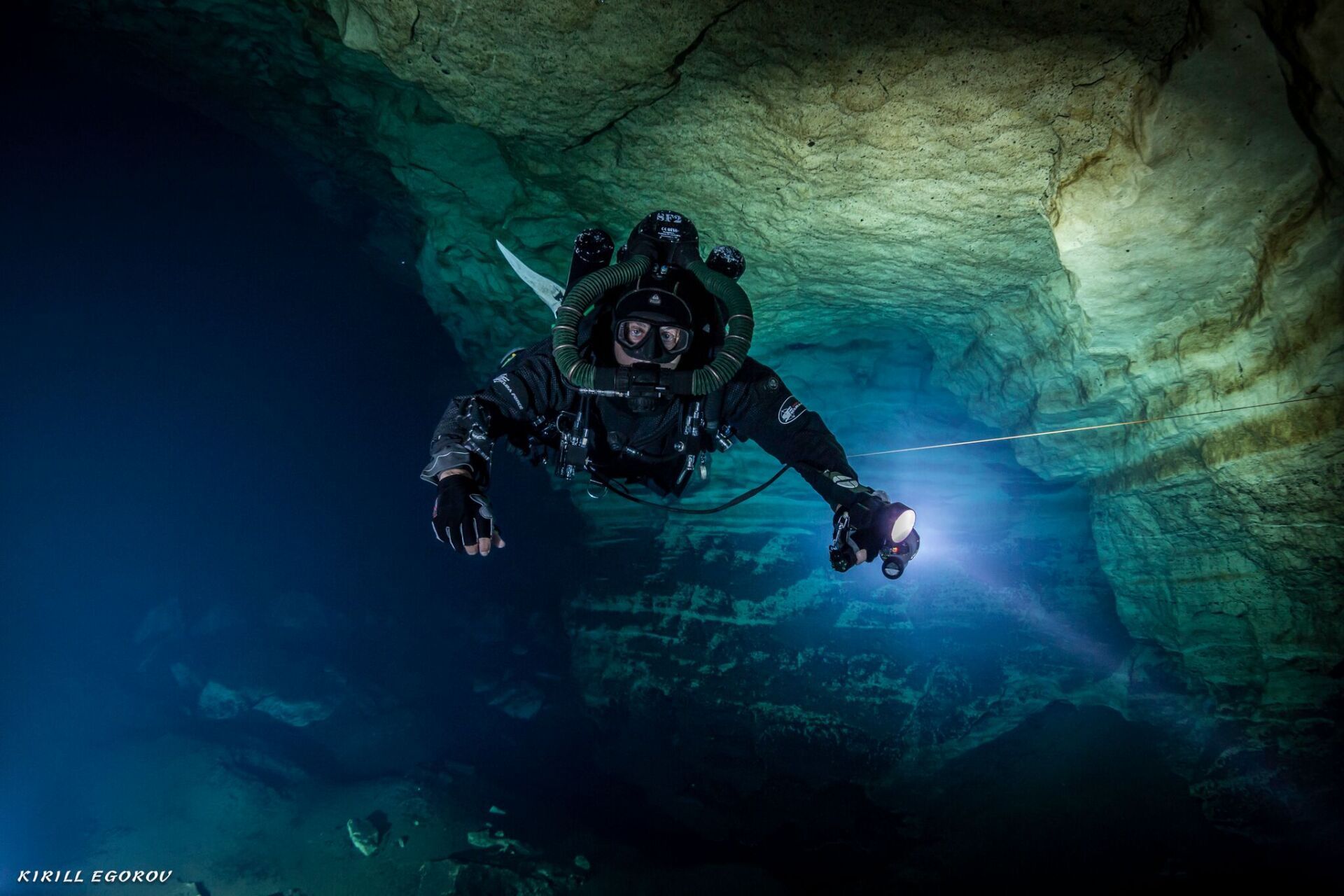The Advantages of Diving a Rebreather
Deciding whether or not to use a rebreather is an important decision for any diver. There are a number of factors to consider, but one of the most important is the advantages that rebreathers offer. In this blog post, we'll take a look at five of the biggest advantages of diving a rebreather so that you can make an informed decision about whether or not they're right for you.
1. Lower Gas Consumption
One of the most significant advantages of diving a rebreather is that they consume less gas than traditional SCUBA gear. This is because a rebreather recycles the gas that you breathe, which means you don't have to rely on tanks of compressed gas as your sole source of breathable gas. This can be a major advantage if you're diving in an area where fills are scarce, or gas fills are expensive, or if you're trying to extend your dive time.
2. Reduced Heat Loss
Another advantage of diving rebreathers is that they reduce heat loss. This is because the exhaled air from traditional SCUBA gear is released into the water, which can cause your body temperature to drop quickly. By recycling your exhaled gas, rebreathers prevent this heat loss, which helps you stay warm and comfortable during your dive.
3. Optimized Decompression Profiles
Rebreathers also offer optimized decompression profiles, which means they can help you avoid decompression sickness (DCS). Decompression sickness occurs when nitrogen bubbles form in your body tissues and blood vessels due to changes in pressure. These bubbles can cause pain, disability, and even death if they're not treated promptly. By using a rebreather, you can minimize your risk of DCS by diving a constant, ideal partial pressure of oxygen.
4. Reduced Fluid Loss
Another advantage of dive rebreathers is that they reduce fluid loss. When diving open circuit, the inhaled gas is decompressed and cools down and has to be dry in order to not cause any free-flowing regulator due to freezing. Our lungs have to warm up the gas, more or less to our core temperature. A rebreather does not exchange gas with every breath and in addition, the chemical reaction in the scrubber heats up the gas with every cycle and reduces the heat loss of your body in cold water even further. In addition, the gas in the loop stays humid and reduces dehydration.
5. Silent Operation
Finally, a rebreather offers silent operation, which can be a major advantage if you're trying to avoid scaring away marine life or disturbing other divers nearby. Because traditional SCUBA gear releases bubbles into the water when you exhale, it can be quite loud underwater. Rebreathers don't release bubbles, so they operate silently, which helps you stay stealthy and avoid disturbing delicate ecosystems, ideal for underwater photographers.
Rebreathers offer a number of advantages for divers, including lower gas consumption, reduced heat loss, optimized decompression profiles, reduced fluid loss, and silent operation. When deciding whether or not to use a rebreather, weigh the pros and cons carefully to see if they're right for you and your diving needs.



